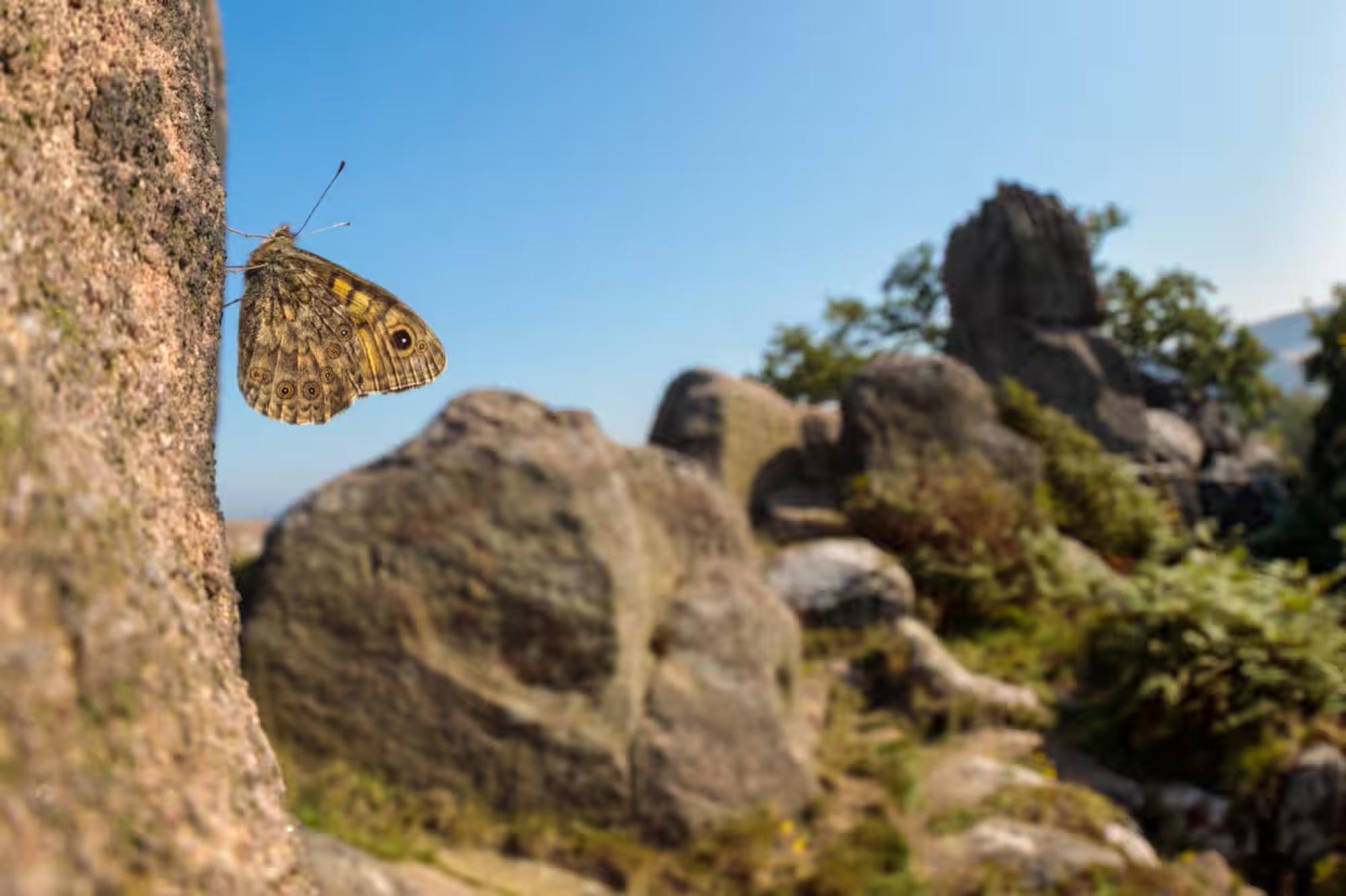Related Stories
‘Half the tree of life’: ecologists’ horror as nature reserves are emptied of insects
Key Excerpts from Article on Website of The Guardian (One of the UK's Leading Newspapers)

Posted: June 11th, 2025
https://www.theguardian.com/environment/2025/jun/03/climate-...
Reports of falling insect numbers around the world are not new. International reviews have estimated annual losses globally of between 1% and 2.5% of total biomass every year. Widespread use of pesticides and fertilisers, light and chemical pollution, loss of habitat and the growth of industrial agriculture have all carved into their numbers. Often, these were deaths of proximity: insects are sensitive creatures, and any nearby source of pollution can send their populations crumbling. But what [scientists Daniel] Janzen and [Winnie] Hallwachs are witnessing is a part of a newer phenomenon: the catastrophic collapse of insect populations in supposedly protected regions of forest. Janzen and Hallwachs join a number of scientists that have recorded huge die-offs of insects in nature reserves around the world. They include in Germany, where flying insects across 63 insect reserves dropped 75% in less than 30 years; the US, where beetle numbers dropped 83% in 45 years; and Puerto Rico, where insect biomass dropped up to 60-fold since the 1970s. These declines are occurring in ecosystems that are otherwise protected from direct human influence. Scientists in the US, Brazil, Ecuador and Panama have now reported the catastrophic declines of birds in “untouched” regions – including reserves inside millions of hectares of pristine forest. In each case, the worst losses were among insectivorous birds.
Note: Read more about the insect apocalypse. For more along these lines, read our concise summaries of news articles on environmental destruction.
Related Stories
Latest News
Key News Articles from Years Past
























































































